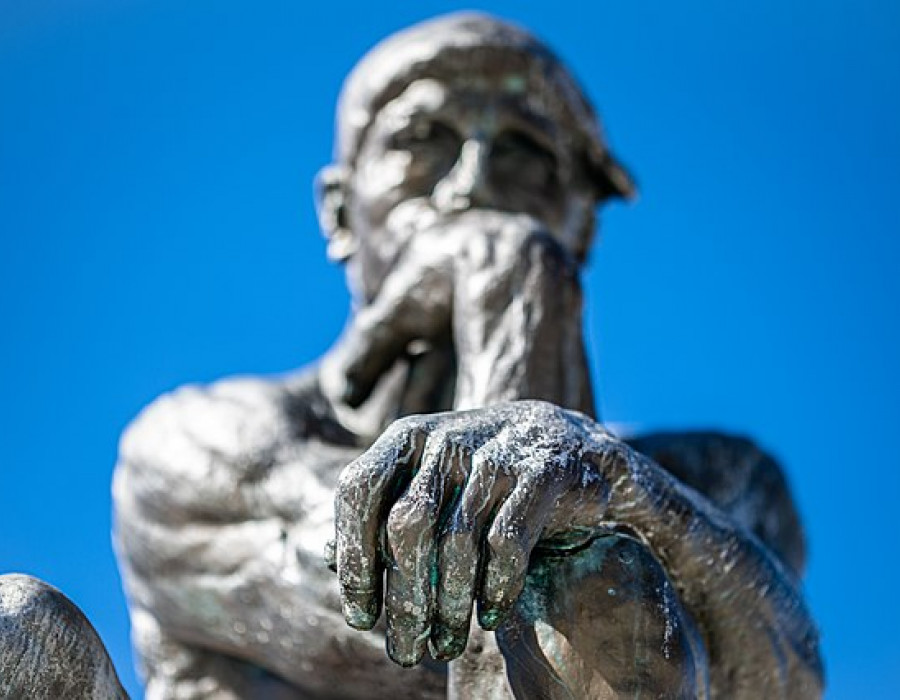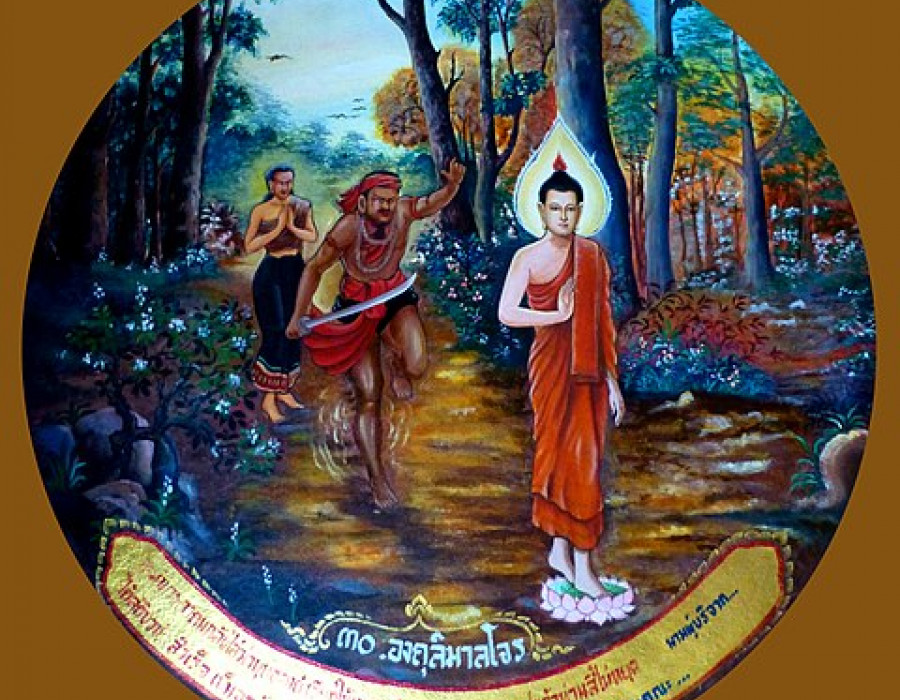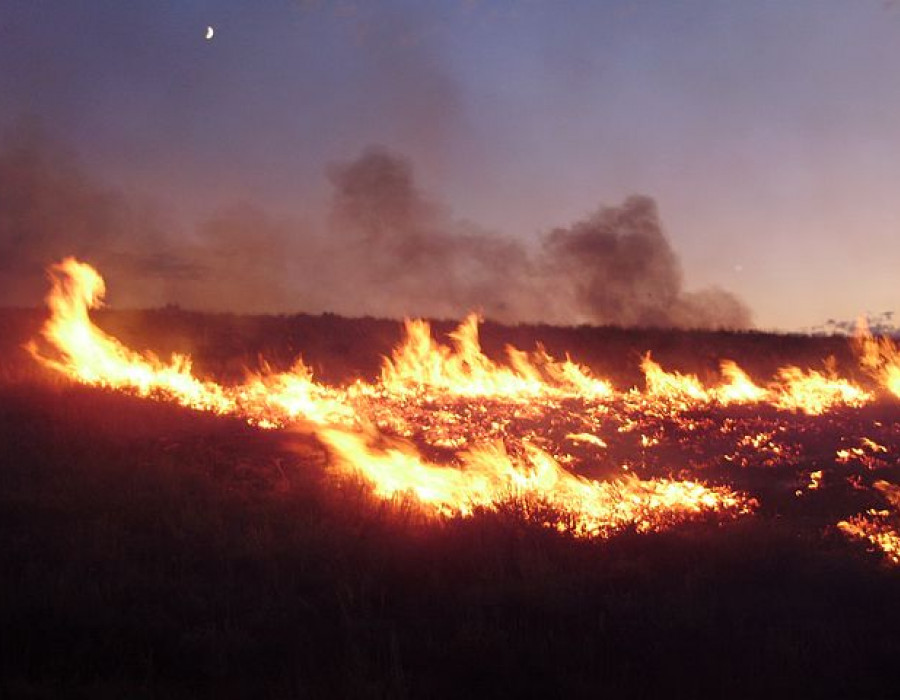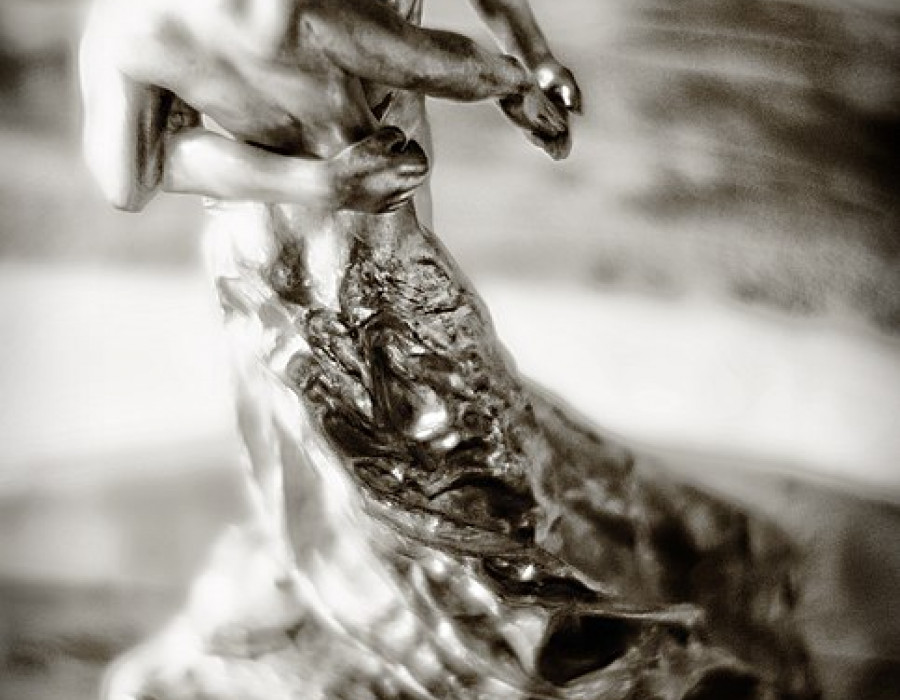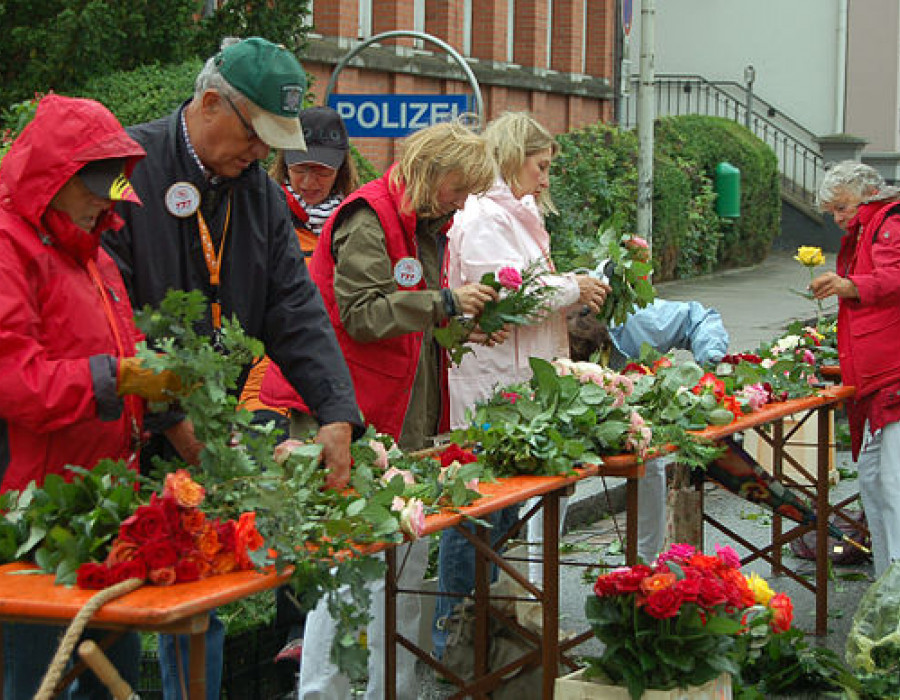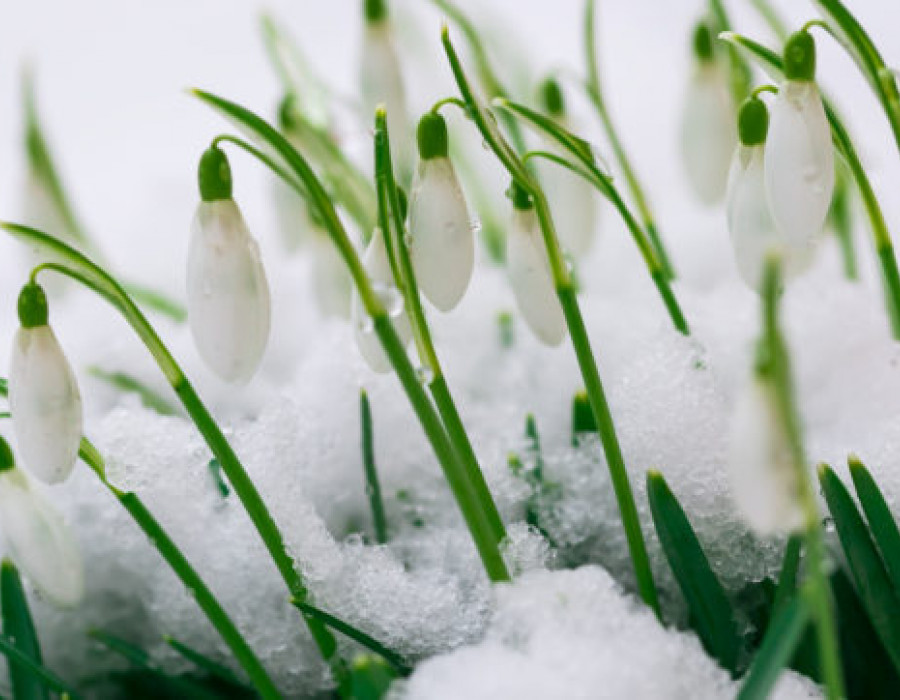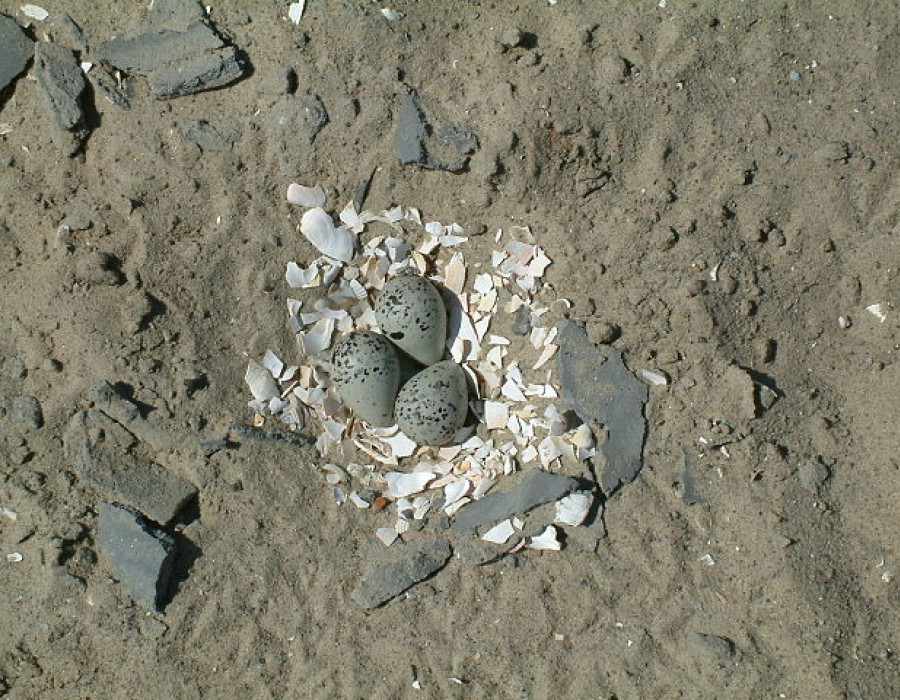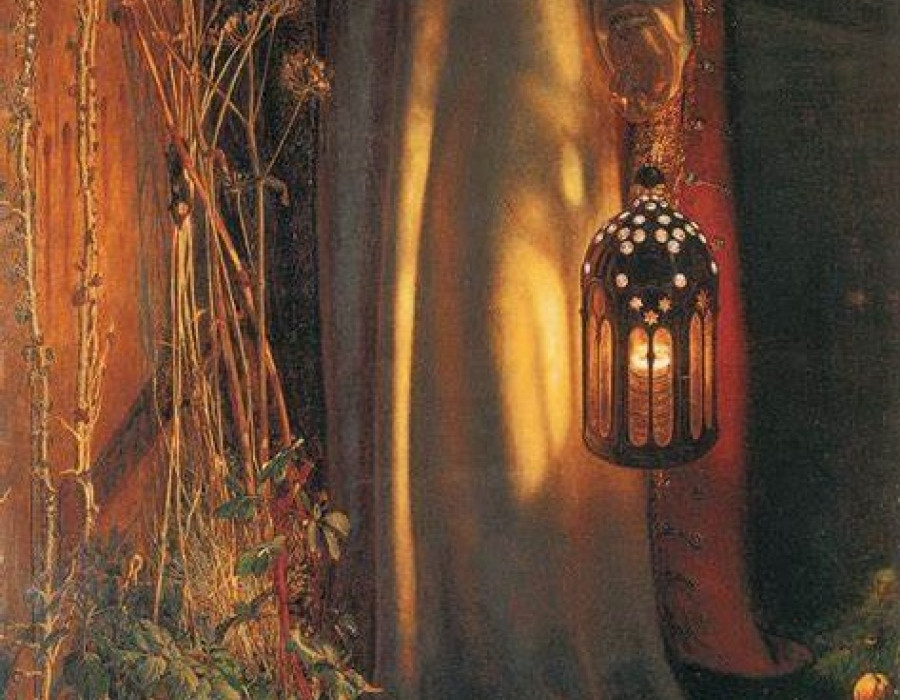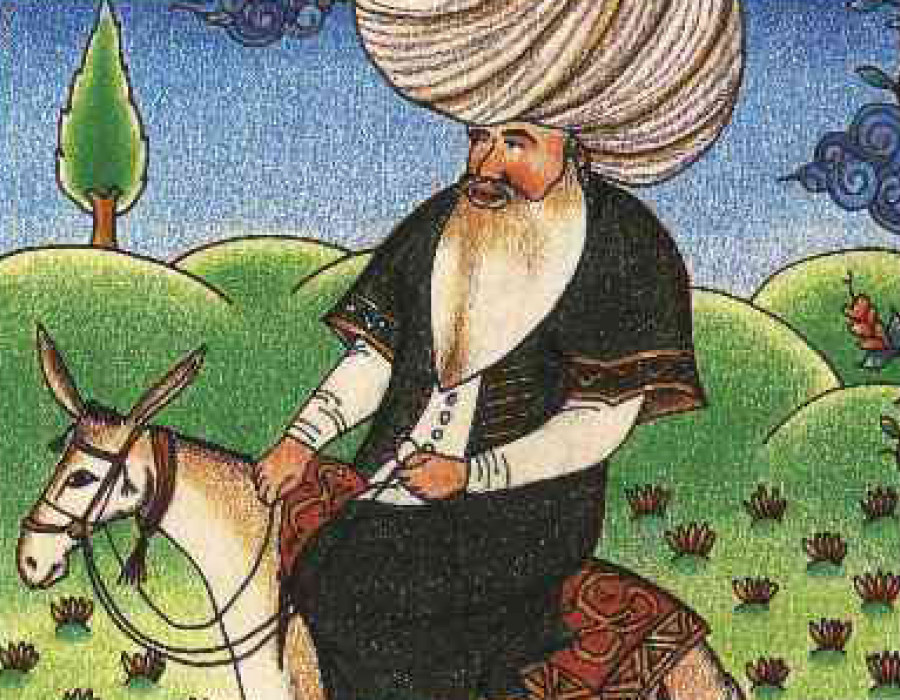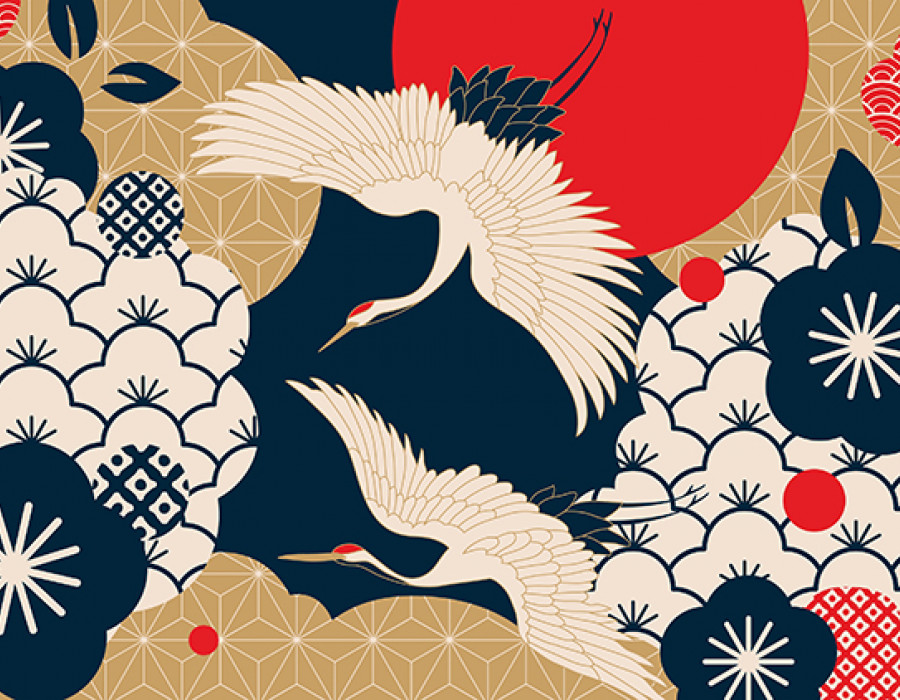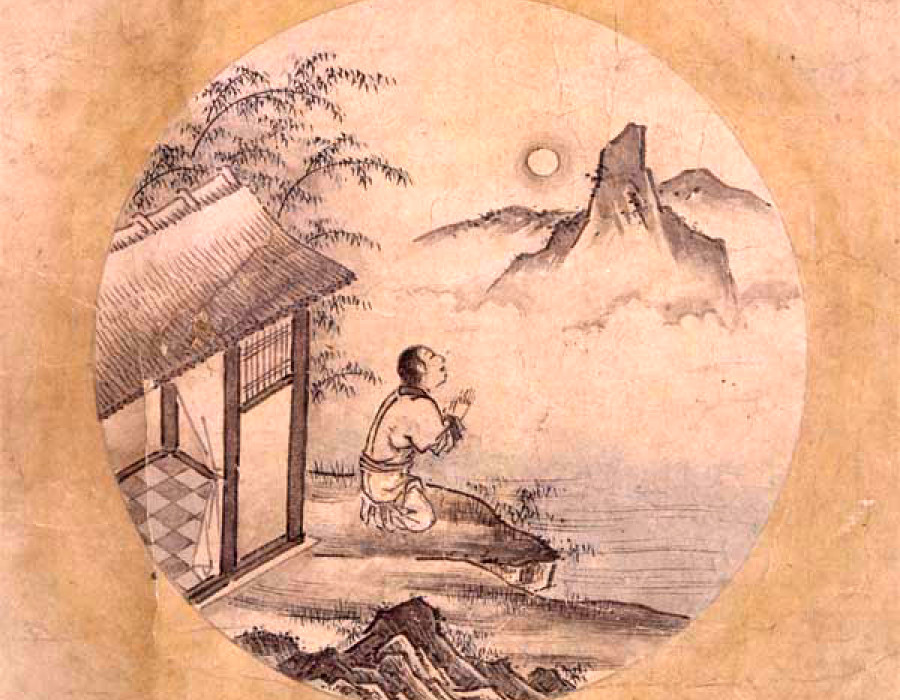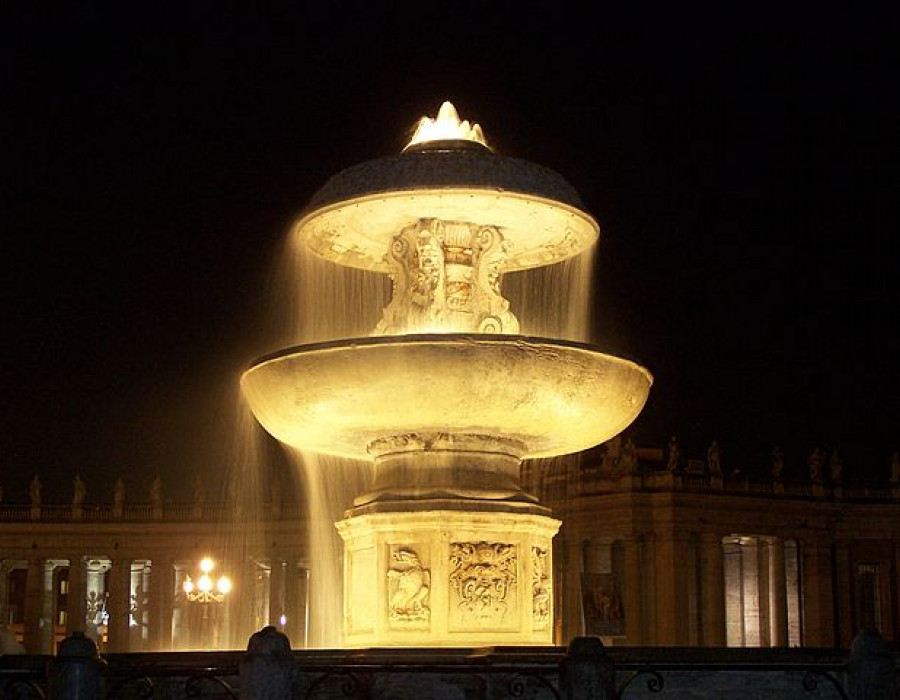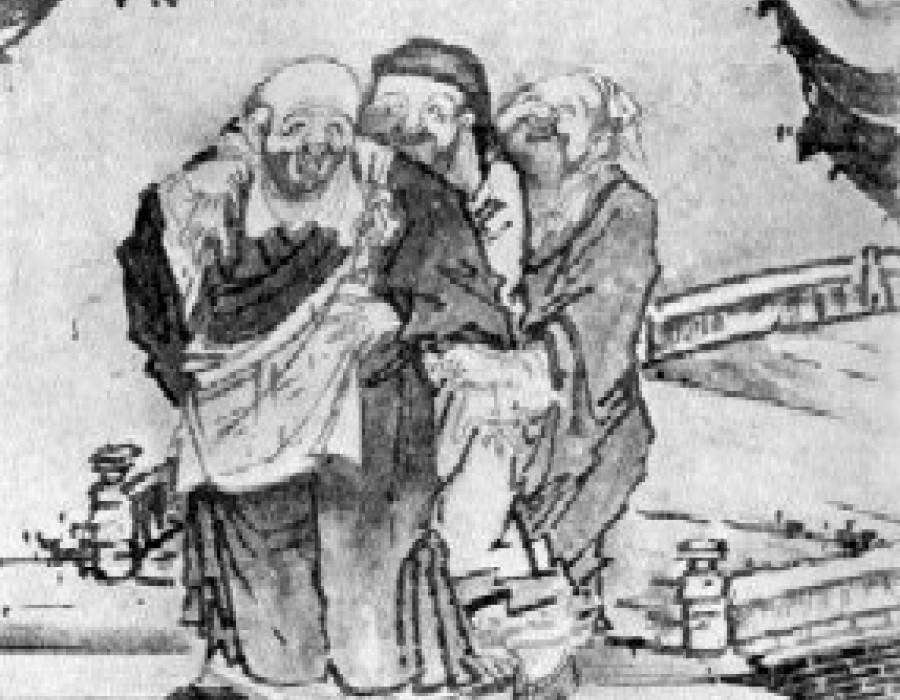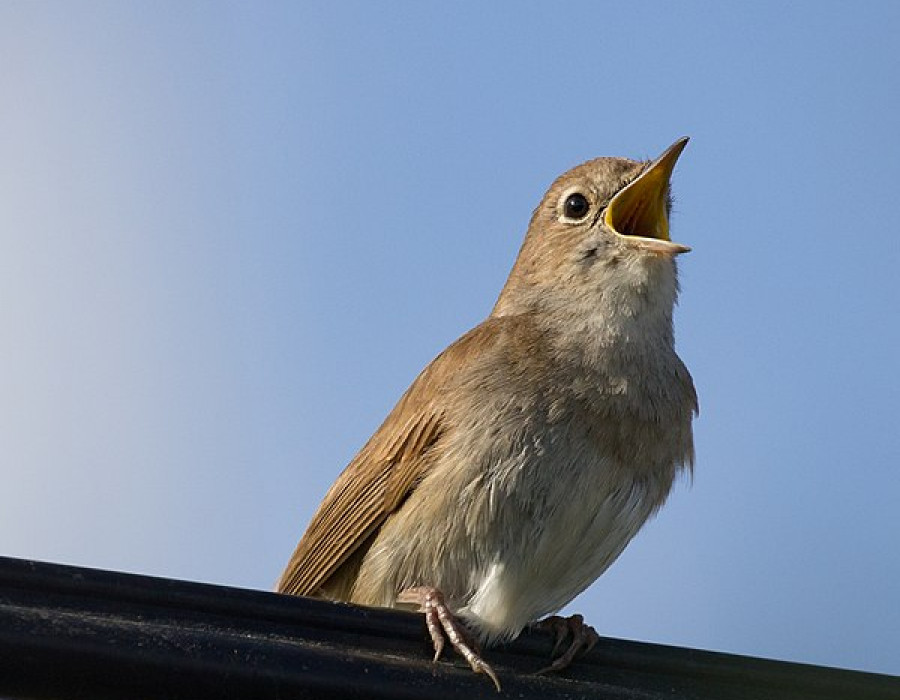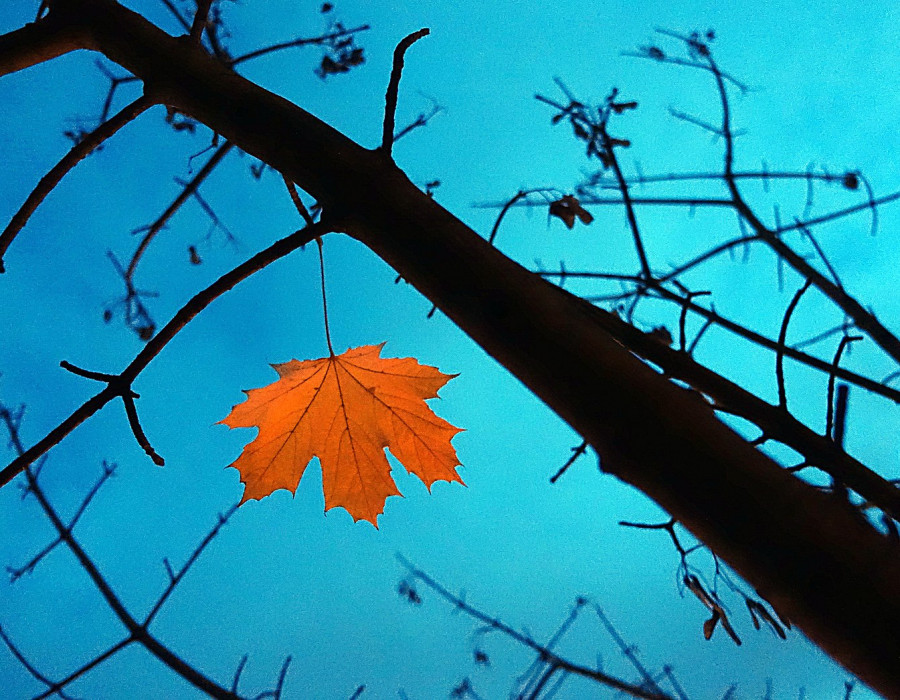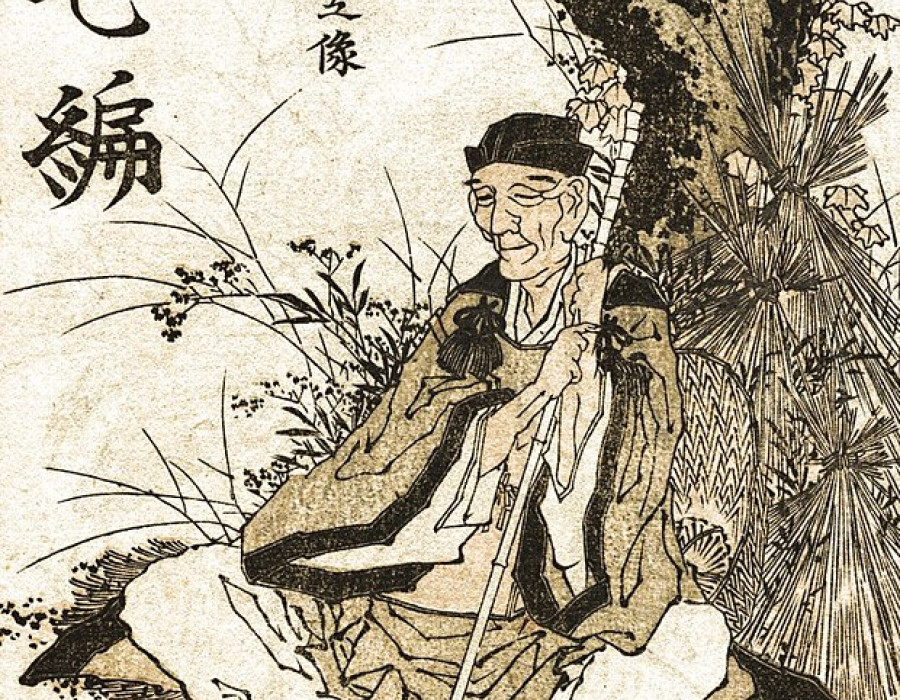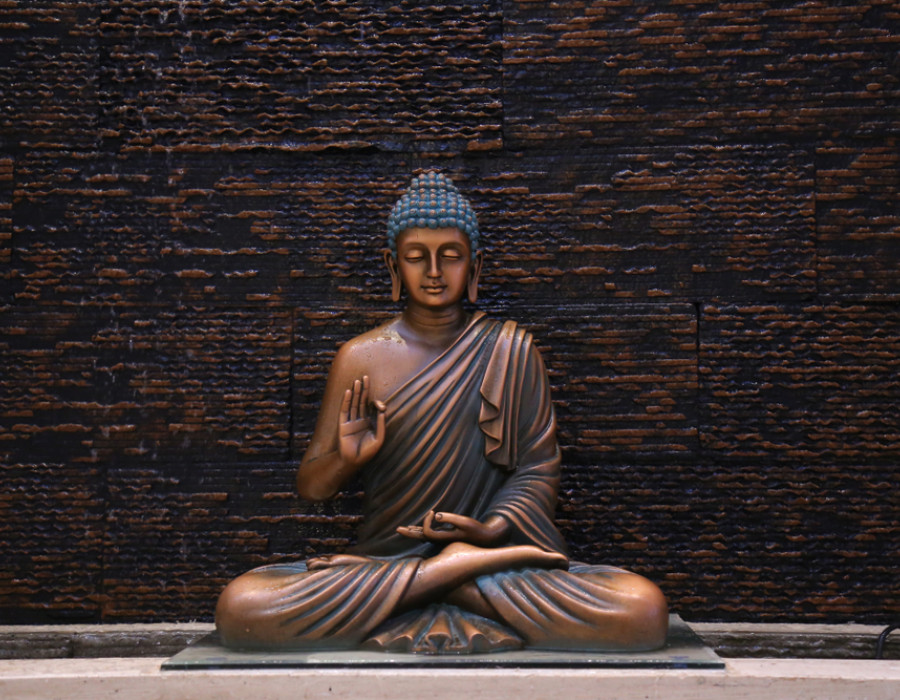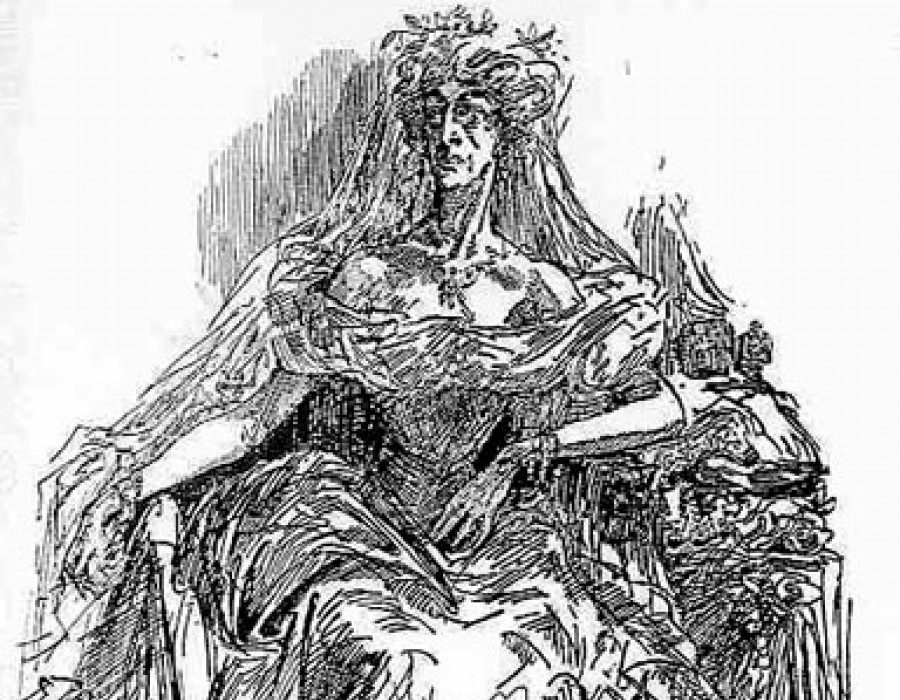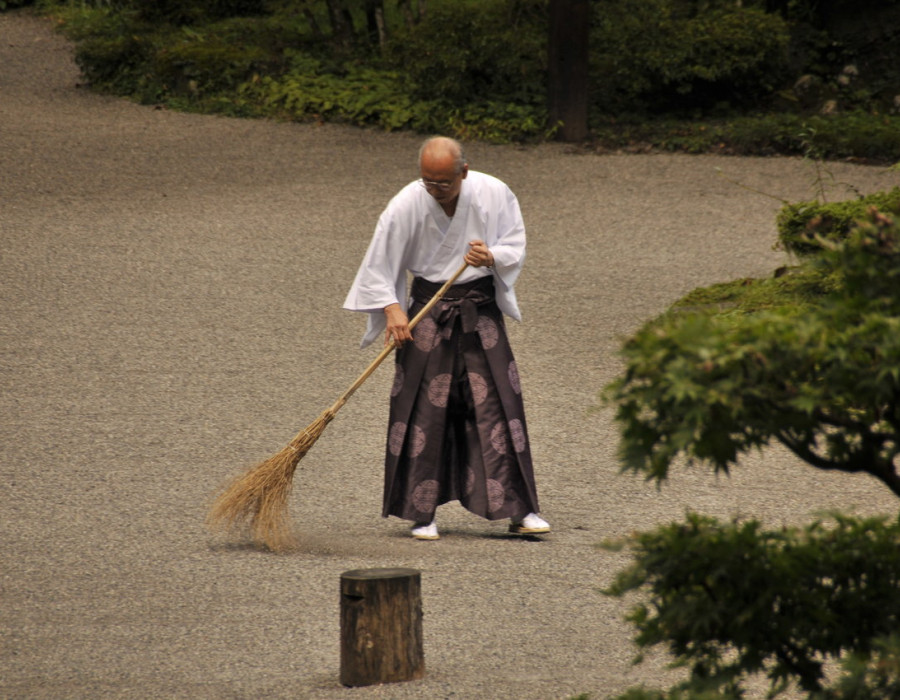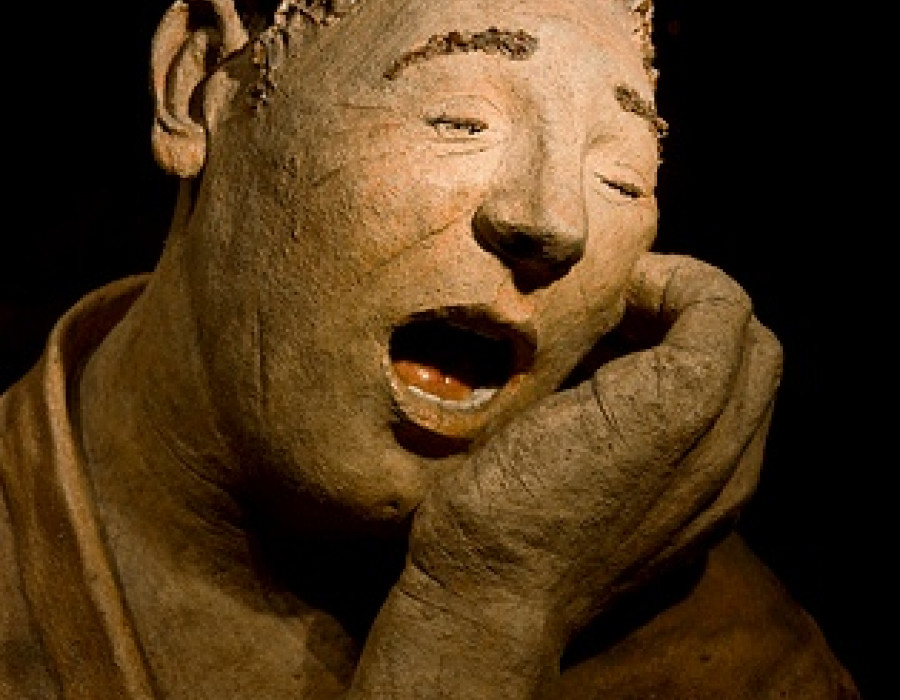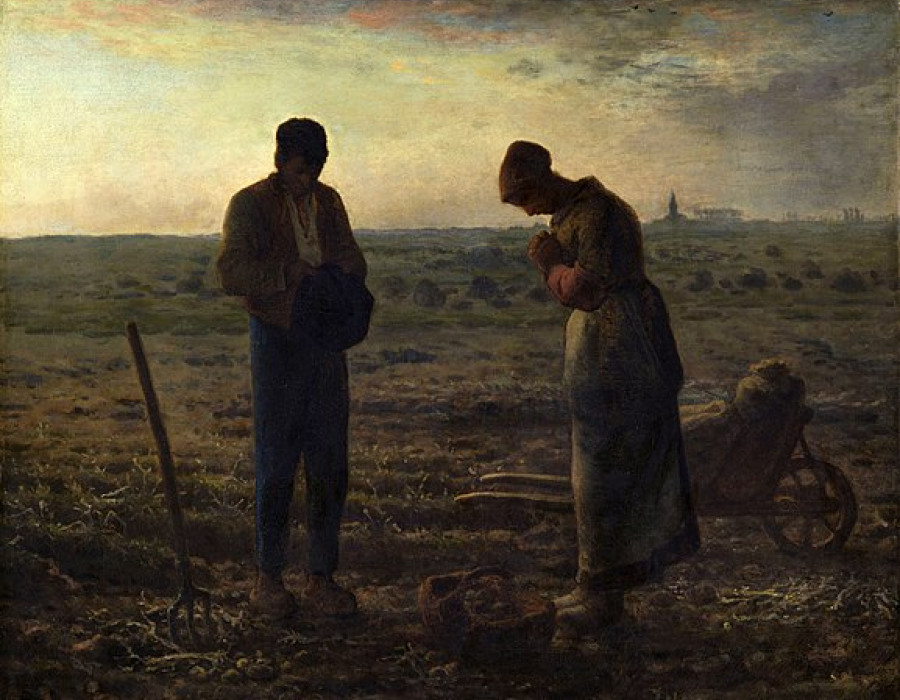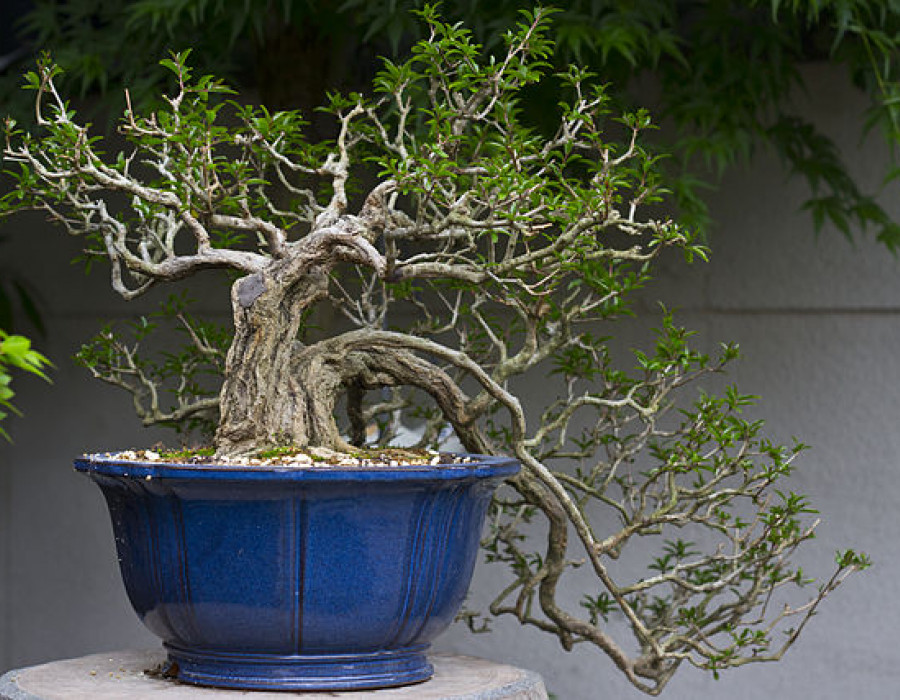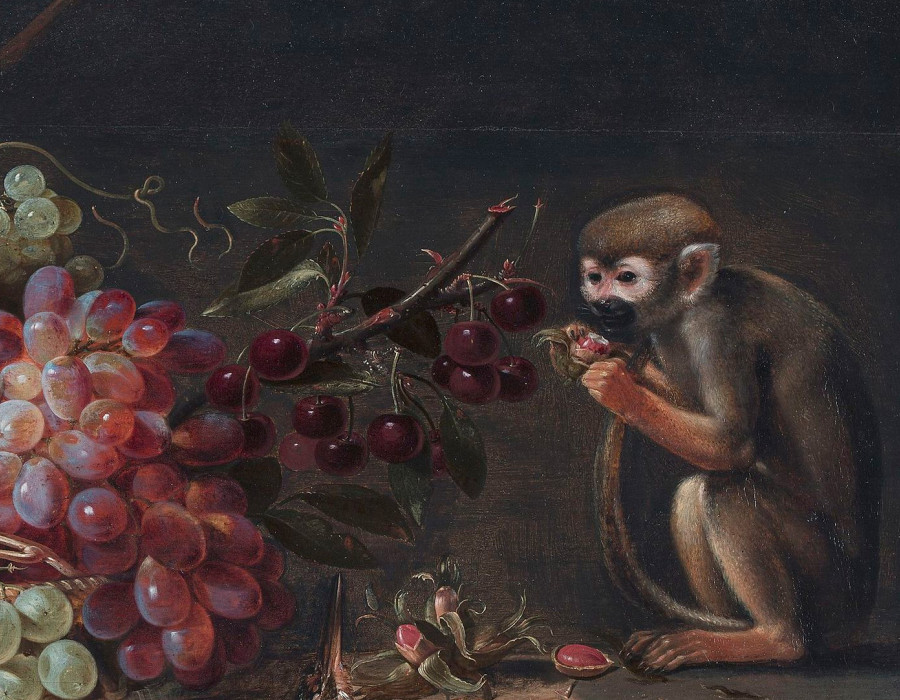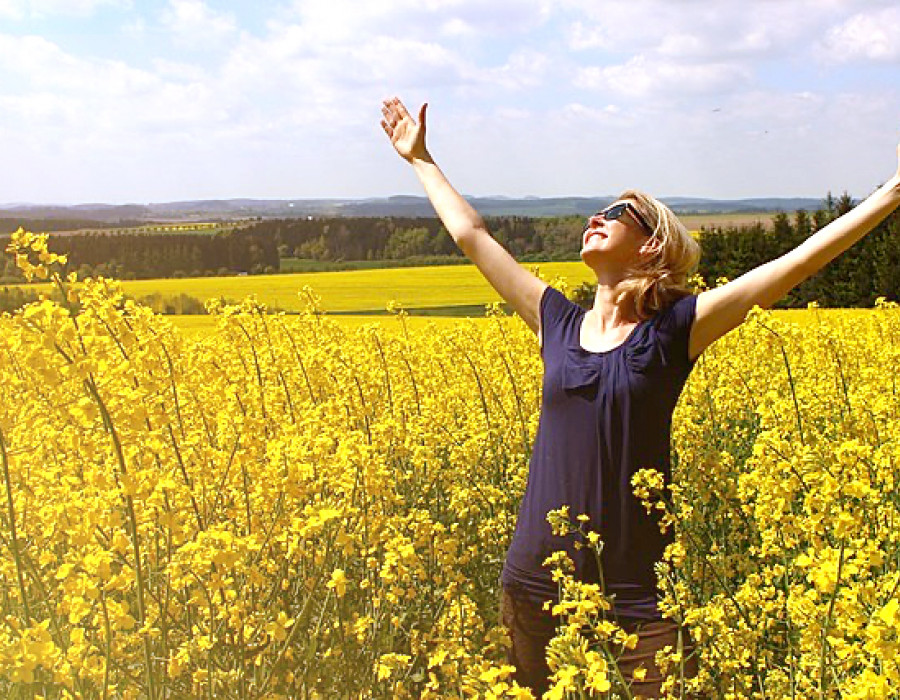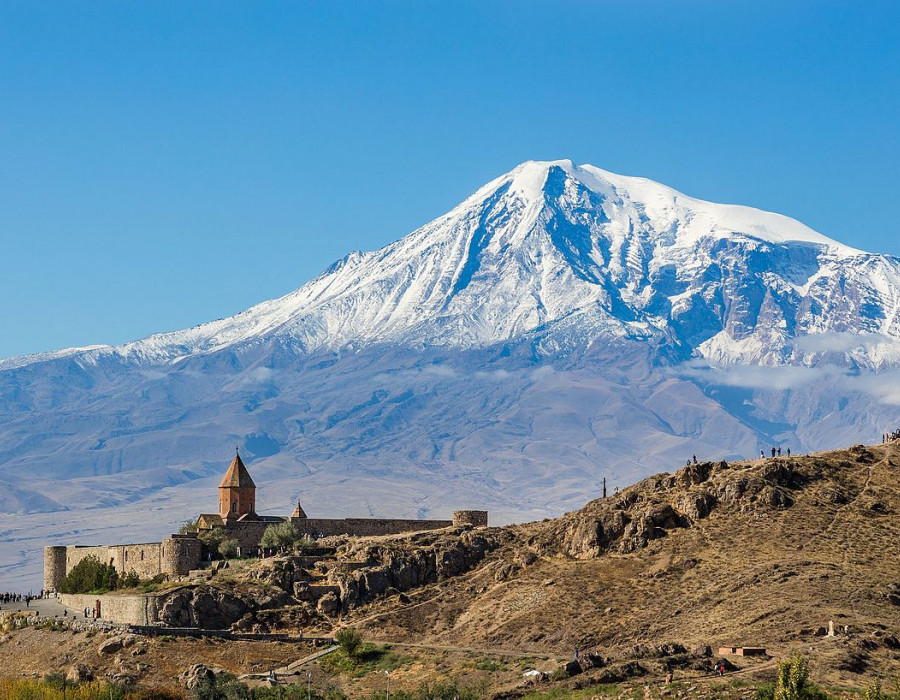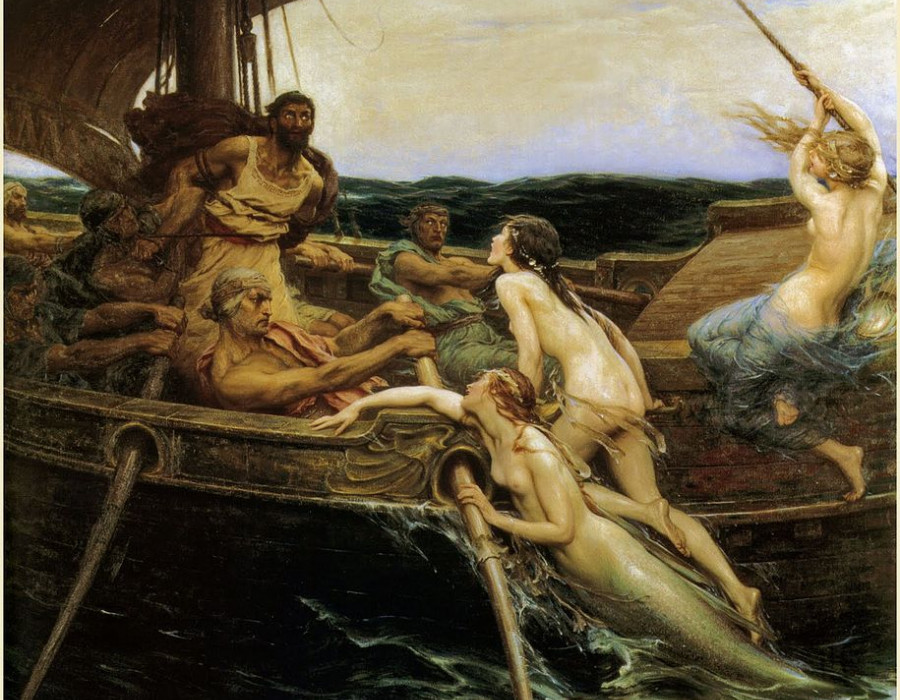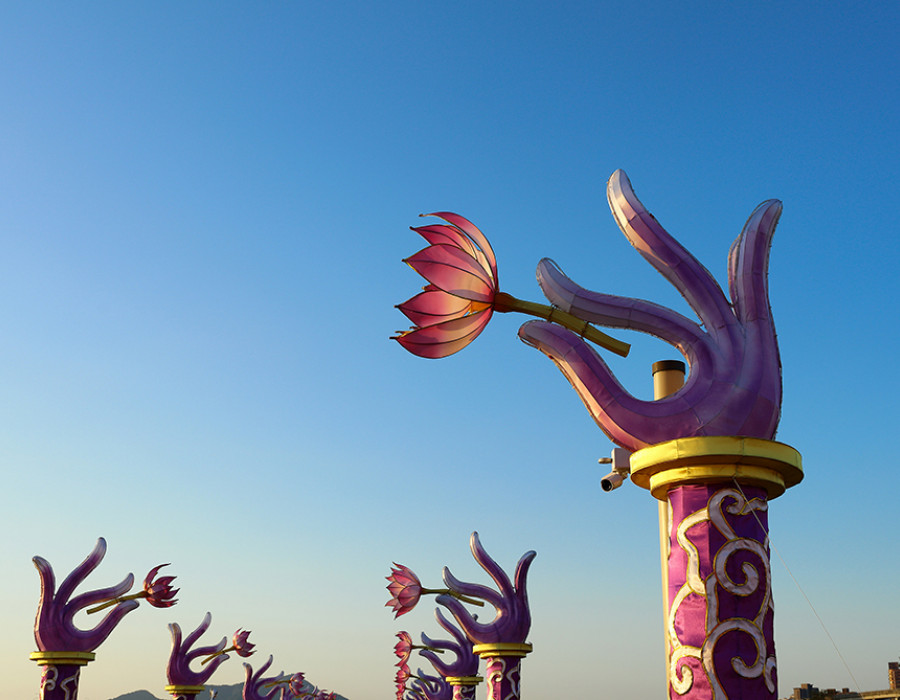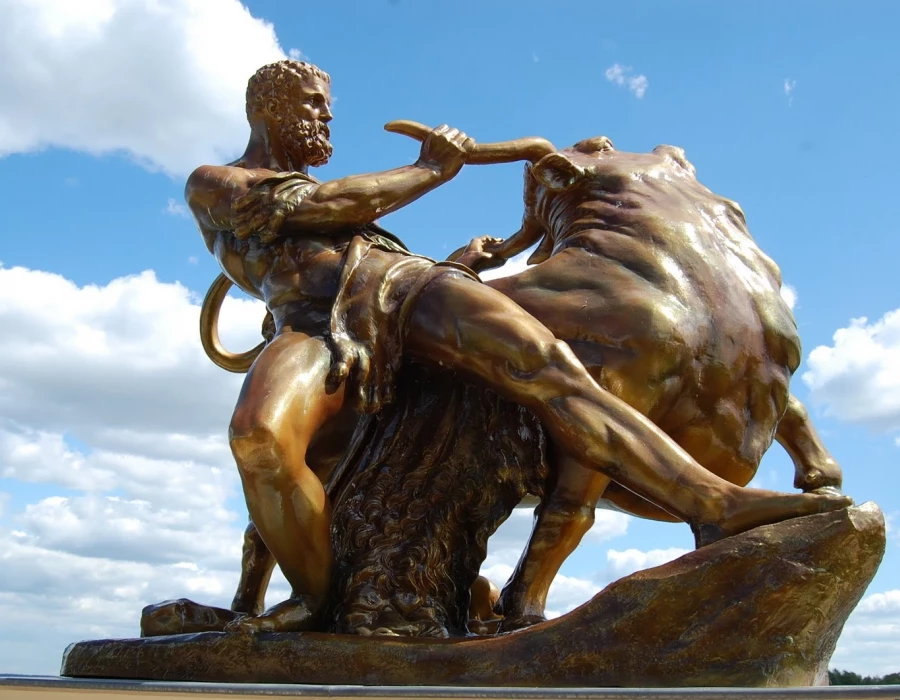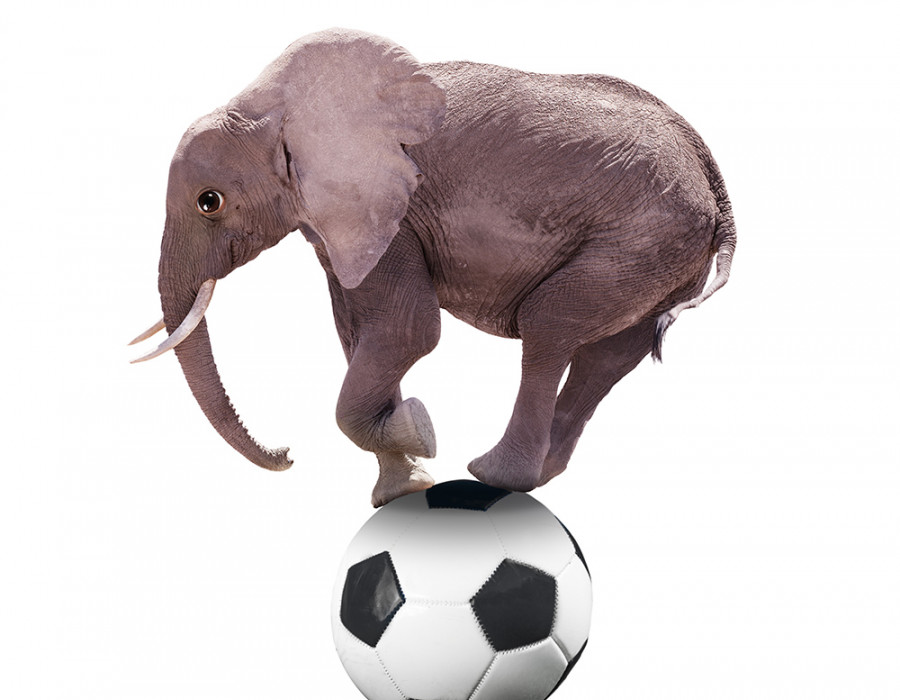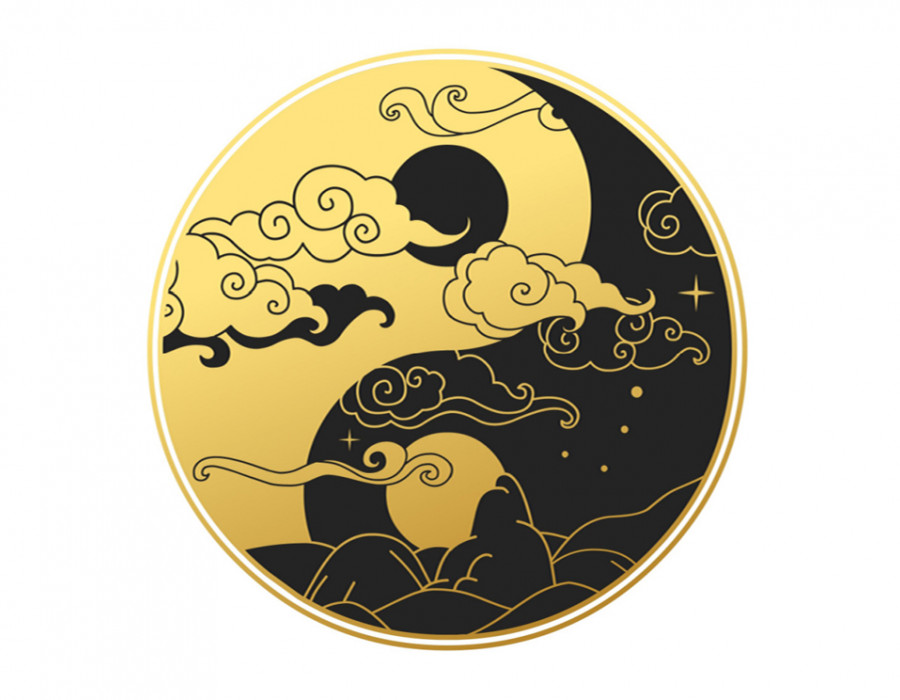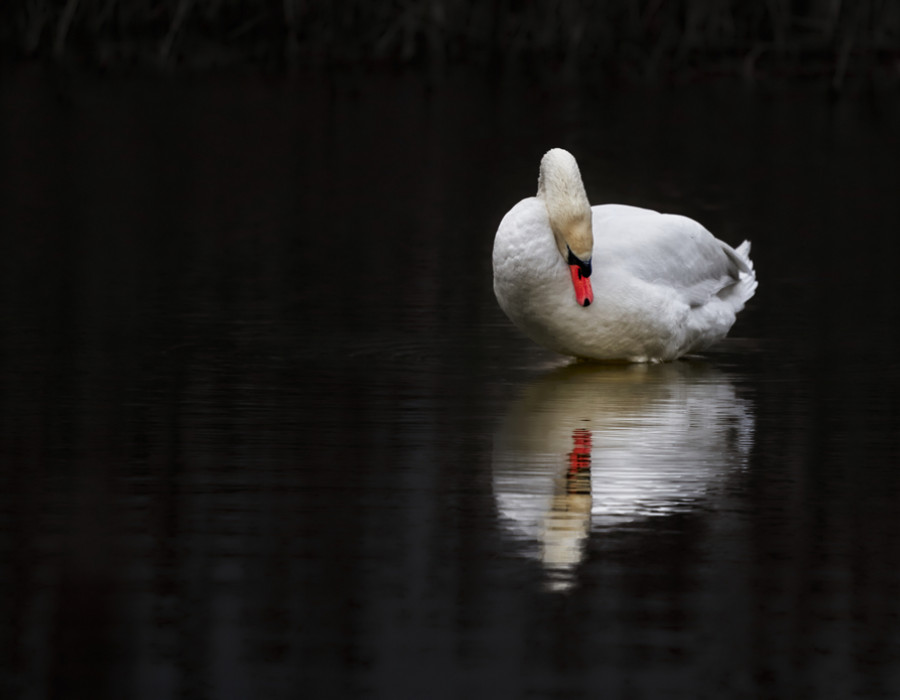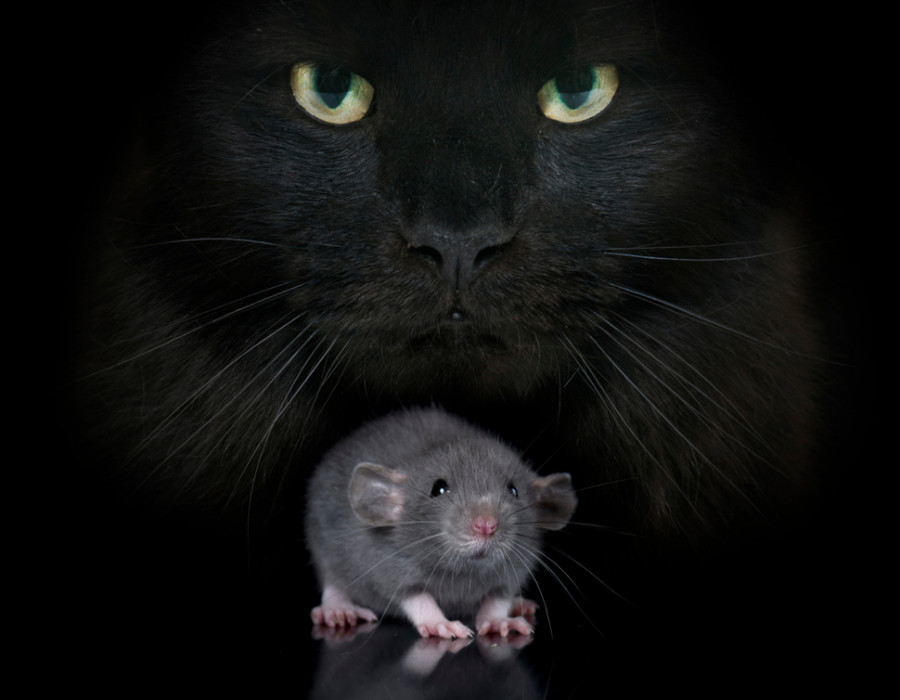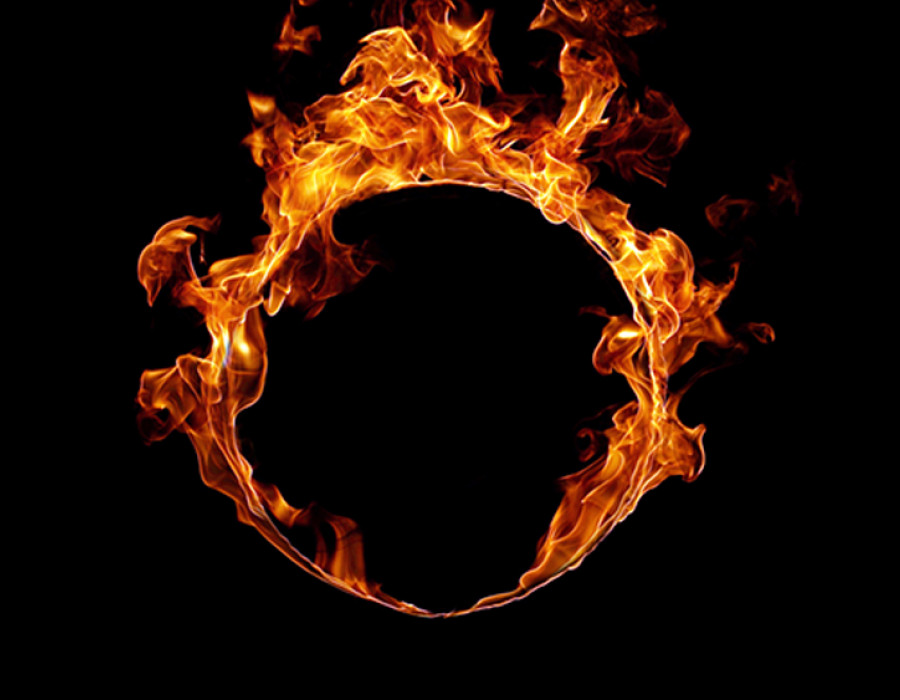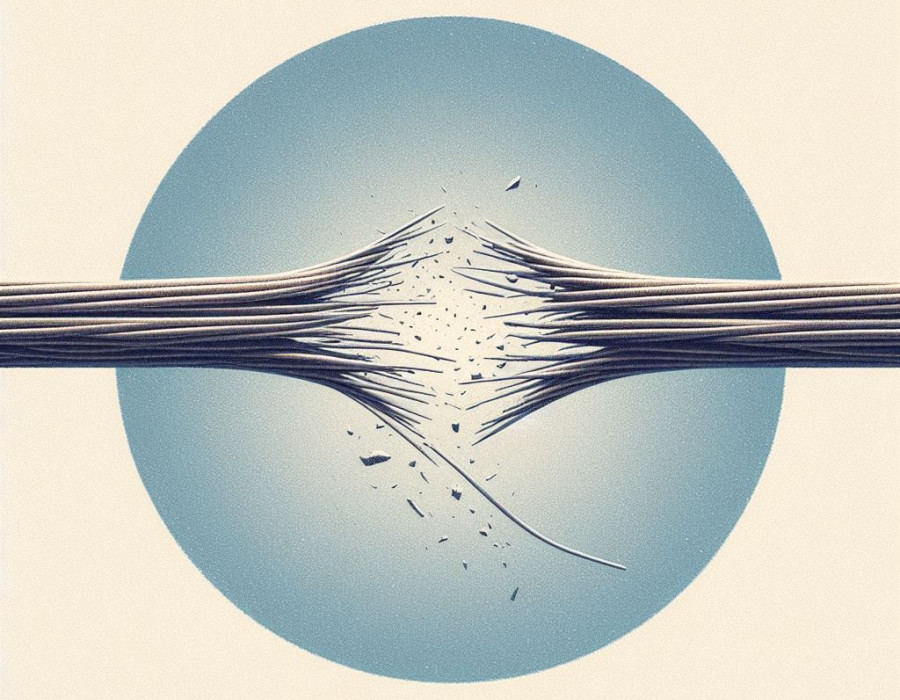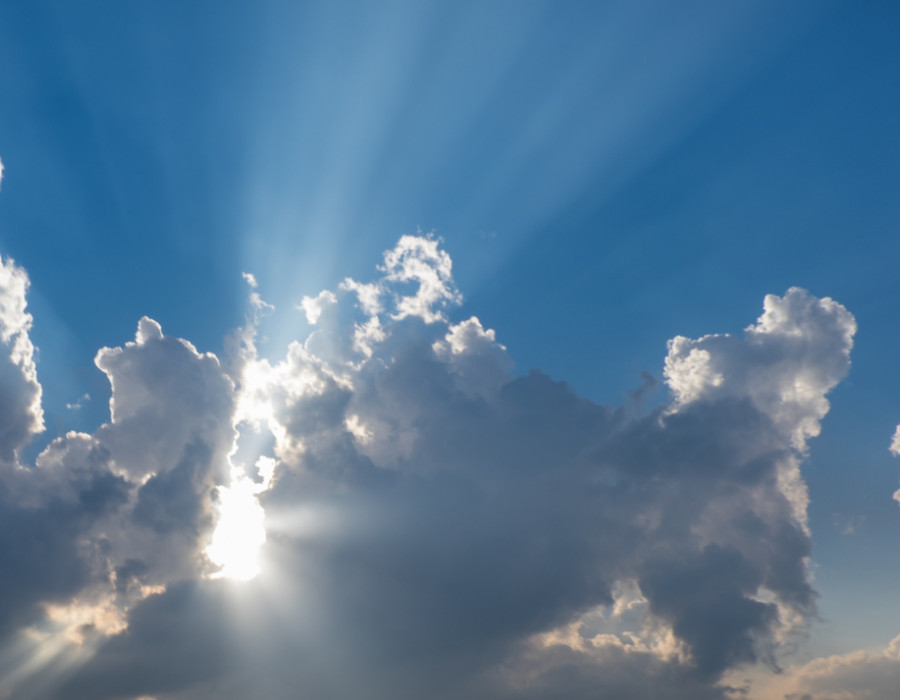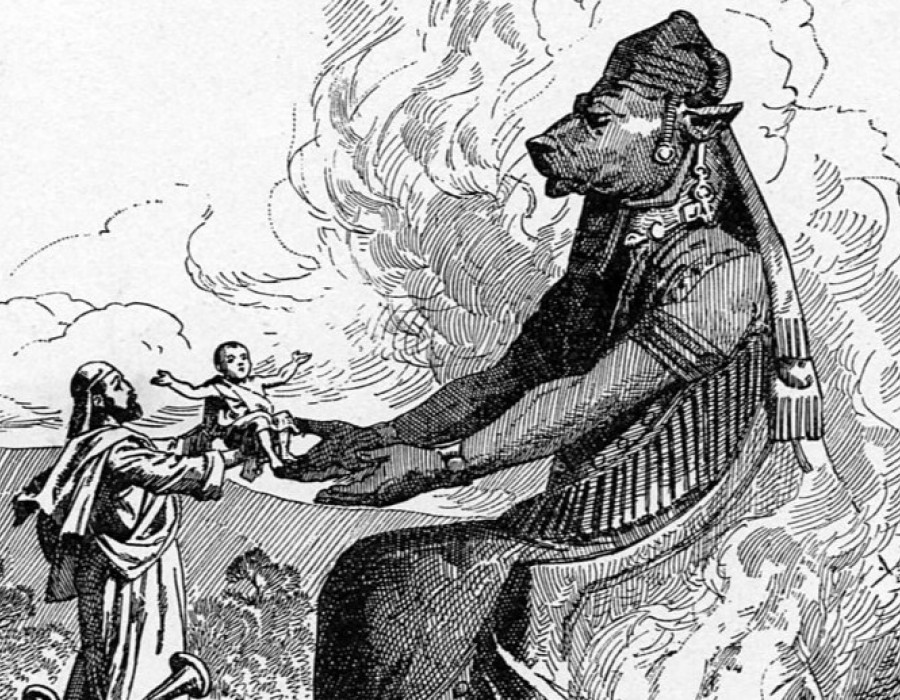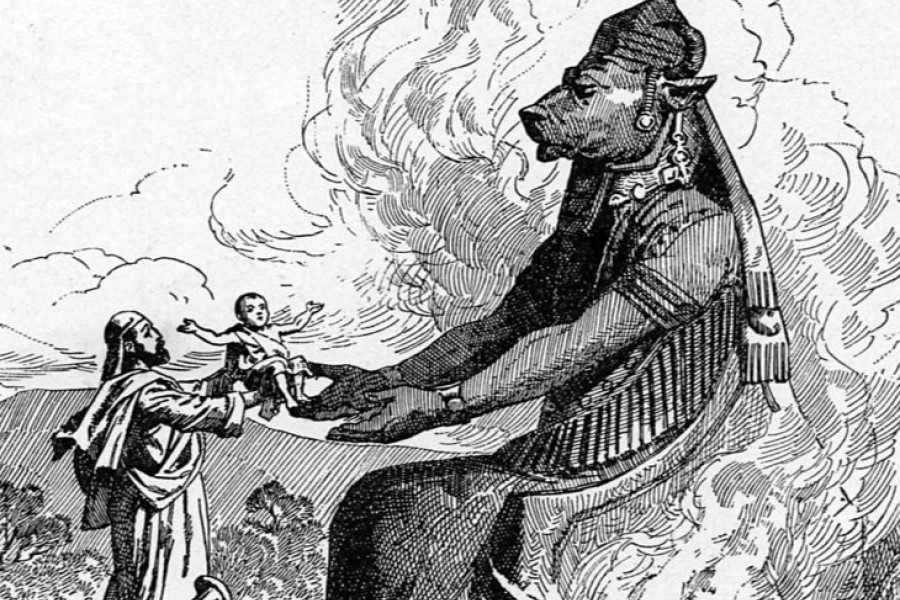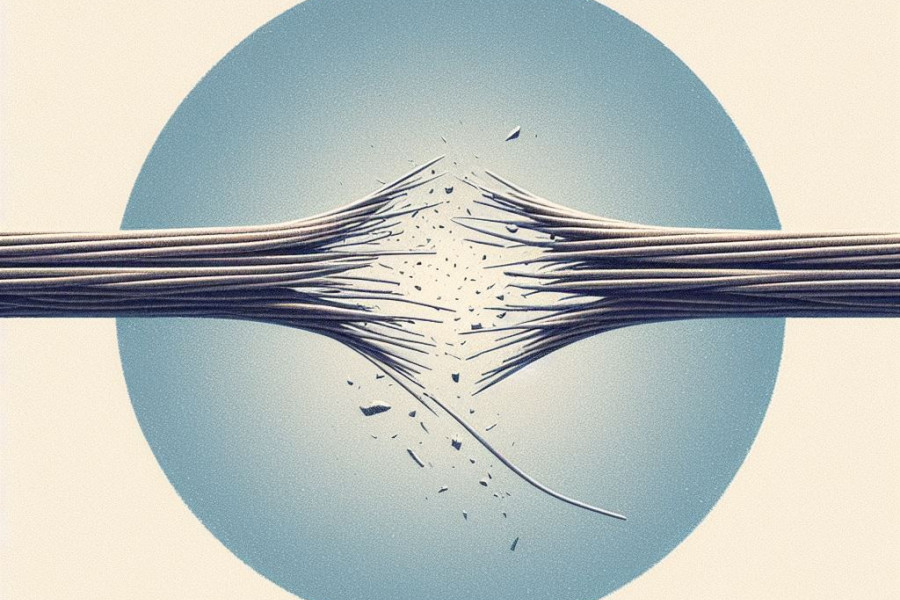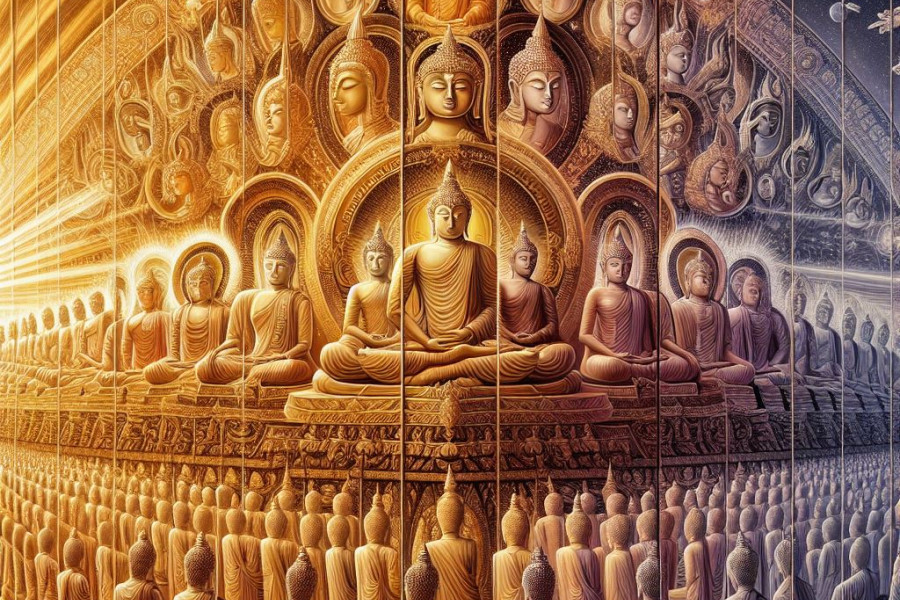Jenny Hall
Verses from the Dhammapada 82
The teachings of the Buddha are revealed in everyday phenomena if we are quiet enough and open enough to listen out for them.
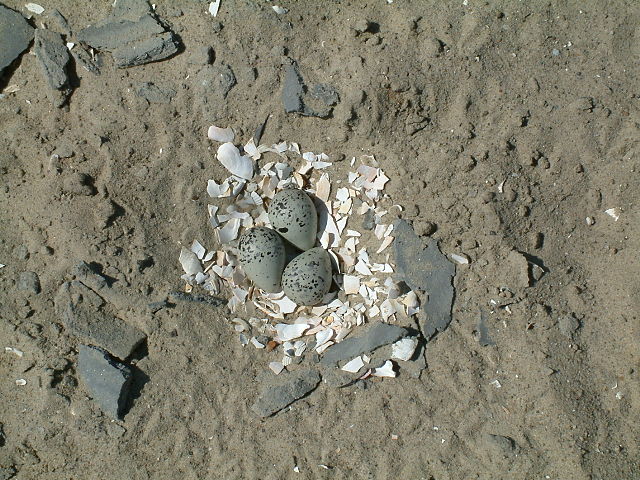
Eggs of the Charadrius plover scrape
Hearing the Law, the wise become like a calm unruffled lake.
Hearing the Law…
The Sanskrit word for ‘Law’ in this verse is Dharma. The Dharma is also described as ‘the way things really are’. Hearing the Law involves facing situations as they arise from moment to moment and giving myself into them.
During the coronavirus lockdown many elderly friends commented that they felt redundant. They said that all they were being asked to do was to sit quietly at home. Complying with this instruction, however, was the appropriate action in the circumstances. It also offered a wonderful opportunity to discover the essence of the Zen training. Ven. Myokyo-ni would often encourage us to just sit in a comfortable armchair for half an hour and be aware of what arises.
There is a delightful legend of the nine-year-old Siddhartha who later became the Buddha. One day he attended a ritual celebrating the first ploughing of the fields. It was a colourful and noisy ceremony. Crowds of people flocked to it. After Brahmins had chanted the Vedas, there was a feasting with music and dancing. Siddhartha ran about hot and uncomfortable. He left his friends and looked for shade under a rose-apple tree. When his parents discovered him, he said he felt so happy sitting under the tree. They gave their permission for him to remain there for the rest of the day. Siddhartha sat ‘at one’ with the scent of the flowers and the songs of the birds.
Perhaps like Siddhartha we also sit in a garden on a summer afternoon. However, it is not long before we start day dreaming. Perhaps we start thinking about all the activities we have had to give up because of COVID 19. Maybe we start hoping for future meetings with loved ones. Suddenly all thoughts are emptied out by the brown and yellow flash of a tiny goldcrest. It vanishes and ‘I’ am back immediately. We call our partner to bring the binoculars. We want to see it again. We are disappointed when it fails to return. Memories arise of other goldcrests we have seen. There was no ‘me’ when it first appeared. Now craving has recreated ‘me’. A drill starts up. The high-pitched wail momentarily obliterates ‘me’. Within seconds ‘I’ reappear as irritation. To avoid its hot surges, I run indoors. I attempt to assuage it further. I phone the neighbour to complain. The neighbour is annoyed.
Just sitting has revealed the Buddha’s Three Signs of Being: change, unsatisfactoriness and no-I. I am attracted to the goldcrest. Despite its transience I attempt to cling to it. I am repelled by the drilling. I attempt to resist it. Both the dissatisfaction of clinging and resisting create the delusion of ‘me’. This ‘me‘ creates a barrier to clear seeing.
… the wise become like a calm, unruffled lake’.
‘I’ made up of desire and anger cannot be ‘wise’.
The ‘wise’ in the quote refers to those who live out of the Buddha nature or Choiceless Awareness as it is sometimes called. This is a state beyond ‘I’. The Zen training leads us to its realisation. We are encouraged to befriend the emotional energy that drives our thoughts and actions. The energy is then transmuted into the peaceful spaciousness of Choiceless Awareness. When the goldcrest appears in this spaciousness, there is no-one to cling. When the drill whines there is no-one to run away.
Choiceless Awareness is in harmony with all situations. Free from ‘me’ it sees them clearly and so always responds appropriately. When there is no resistance to the situation there is peace.
Muhammed and his wife were once pursued by a gang of assassins on horseback armed with swords and spears. They sought refuge in a cave amongst rocks. Inside it was cool and silent. Two of the assassins approached the entrance. They noticed a pigeon’s nest containing little blue eggs just inside the cave. Stretched across the whole aperture was a vast spider’s web. It covered the mouth of the cave from top to bottom. ‘Look,’ said one of the assassins, ‘No-one could possibly have been this way. The web and eggs are completely intact’.’ They turned back and rode away in a different direction. Hearing them leave, Muhammed’s wife wondered in her heart how they had managed to enter the cave without tearing the web and smashing the eggs. Gazing at her husband’s face, which radiated a deep peace, she realised the answer.
In the legend, the cave can be seen as the Buddha nature. The eggs symbolise the new life into which ‘I’ die when reality is seen. The spider’s web shows the interconnection with all. With my partial seeing things are either for me or against me, however seeing ‘in the round’, which arises in the absence of ‘I’ is different. This is Buddha-seeing. The activities of the world appear very different now.
At the start of the COVID 19 pandemic, a neighbour rescued abandoned baskets of pansies from a garden centre. She delivered them to all the people in the close who were self-isolating.
The unbroken web and eggs point to the boundless strength and compassion of the Buddha.
A neighbour recently collapsed at the wheel of his car. Paramedics in full PPE attempted to resuscitate him for 40 minutes under a blazing afternoon sun. We bow in deep gratitude for the selfless dedication of so many.
…………………………………….
Verses from the Dhammapada | Jenny Hall
Dharma Centre
We have just launched our online Dharma Centre. All are welcome...
Join our Community!
